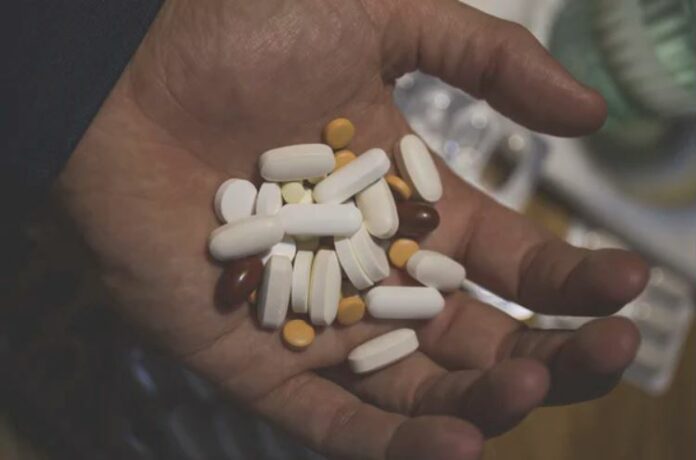Overview Of Drug Allergies
Drug allergies are a group of symptoms caused by an allergic reaction to a drug (medicine).
Commonly Associated With
Allergic reaction – drug (medication); Drug hypersensitivity; Medication hypersensitivity
Causes Of Drug Allergies
A drug allergy involves an immune response in the body that produces an allergic reaction to a medicine.
The first time you take the medicine, you may have no problems. But, your body’s immune system may produce a substance (antibody) against that drug. The next time you take the drug, the antibody may tell your white blood cells to make a chemical called histamine. Histamines and other chemicals cause your allergy symptoms.
Common allergy-causing drugs include:
- Drugs used to treat seizures
- Insulin (especially animal sources of insulin)
- Substances containing iodine, such as x-ray contrast dyes (these can cause allergy-like reactions)
- Penicillin and related antibiotics
- Sulfa drugs
Most side effects of drugs are not due to an allergic reaction caused by the formation of IgE antibodies. For example, aspirin can cause hives or trigger asthma without involving the immune system. Many people confuse an unpleasant, but not serious, a side effect of a medicine (such as nausea) with a drug allergy.
Symptoms Of Drug Allergies
Most drug allergies cause minor skin rashes and hives. These symptoms may occur right away or hours after receiving the drug. Serum sickness is a delayed-type of reaction that occurs a week or more after you are exposed to a medicine or vaccine.
Common symptoms of a drug allergy include:
- Hives
- Itching of the skin or eyes (common)
- Skin rash (common)
- Swelling of the lips, tongue, or face
- Wheezing
Symptoms of anaphylaxis include:
- Abdominal pain or cramping
- Confusion
- Diarrhea
- Difficulty breathing with wheezing or hoarse voice
- Dizziness
- Fainting, lightheadedness
- Hives over different parts of the body
- Nausea, vomiting
- Rapid pulse
- The sensation of feeling the heartbeat (palpitations)
Exams & Tests
An examination may show:
- Decreased blood pressure
- Hives
- Rash
- Swelling of the lips, face, or tongue (angioedema)
- Wheezing
- Skin testing may help diagnose an allergy to penicillin-type medicines. There are no good skin or blood tests to help diagnose other drug allergies.
If you have had allergy-like symptoms after taking a medicine or receiving contrast (dye) before getting an x-ray, your health care provider will often tell you that this is proof of a drug allergy. You do not need more testing.
Treatment Of Drug Allergies
The goal of treatment is to relieve symptoms and prevent a severe reaction.
Treatment may include:
- Antihistamines to relieve mild symptoms such as rash, hives, and itching
- Bronchodilators such as albuterol to reduce asthma-like symptoms (moderate wheezing or cough)
- Corticosteroids applied to the skin, given by mouth, or given through a vein (intravenously)
- Epinephrine by injection to treat anaphylaxis
- The offending medicine and similar drugs should be avoided. Make sure all your providers — including dentists and hospital staff — know about any drug allergies that you or your children have.
- In some cases, penicillin (or other drugs) allergy responds to desensitization. This treatment involves being given very small doses at first, followed by larger and larger doses of a medicine to improve your tolerance of the drug. This process should be done only by an allergist when there is no alternative drug for you to take.



